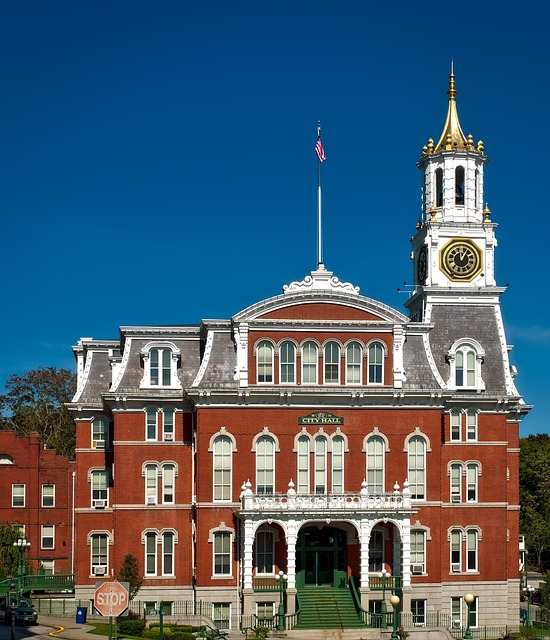In Connecticut, hazing abuse lawyers are crucial in dealing with severe legal repercussions from hazing rituals escalating to sexual assault. They navigate complex cases where actions causing harm cross into criminal offenses. Stricter sexual assault laws target non-consensual touching or forced acts during initiation rituals, providing protections for victims and empowering prosecutors. Individuals seeking justice should connect with specialist hazing abuse lawyers Connecticut who understand the unique challenges of such cases.
In Connecticut, hazing and sexual assault cases have drawn significant legal scrutiny, underscoring the need for specialized knowledge to navigate these complex issues. This article delves into the understanding of hazing, its legal implications, and how it intersects with sexual assault laws in the state. We explore the impact of these laws on hazing cases and provide guidance on finding expert hazing abuse lawyers in Connecticut to ensure justice and support for victims.
Understanding Hazing and Its Legal Implications in Connecticut

Hazing, often associated with youthful antics and group initiation rituals, can have severe legal consequences, especially when it involves sexual assault. In Connecticut, hazing abuse lawyers are increasingly called upon to navigate complex legal waters to protect victims and hold perpetrators accountable. Understanding what constitutes hazing is crucial; it encompasses any actions or activities that cause physical or psychological harm and create an environment of terror, humiliation, or danger within a group setting, particularly in educational institutions.
When hazing crosses the line into sexual assault, it becomes a serious criminal offense. Connecticut has strict laws against sexual misconduct, and victims of hazing-related sexual assault can seek justice through civil lawsuits as well. Legal experts in this field help navigate the intricate interplay between criminal prosecution and civil litigation, ensuring that victims’ rights are protected and that they receive the support and compensation they deserve.
Sexual Assault Laws and Their Impact on Hazing Cases in CT

In Connecticut, sexual assault laws are stringent and comprehensive, covering a wide range of unwanted sexual conduct, including penetration, contact, and non-contact offenses. These laws play a pivotal role in addressing hazing abuse cases, as many forms of hazing can involve elements that fall under sexual assault definitions. For instance, non-consensual touching or forcing someone into sexual acts during initiation rituals can be prosecuted under Connecticut’s sexual assault statutes.
The impact of these laws on hazing cases is significant, as they provide clear guidelines and protections for victims. Prosecutors in CT have the legal framework to charge hazing abuse as sexual assault, which can lead to severe consequences for offenders. This not only discourages harmful initiation practices but also ensures that victims receive justice and support. Having experienced hazing abuse lawyers in Connecticut is crucial for individuals who want to pursue legal action, as these attorneys are well-versed in navigating complex legal systems and advocating for the rights of those affected by such incidents.
Navigating Legal Options: Finding a Specialist Hazing Abuse Lawyer in Connecticut

Navigating Legal Options: Finding a Specialist Hazing Abuse Lawyer in Connecticut
When facing hazing or sexual assault, it’s crucial to seek legal counsel from experienced professionals who specialize in these complex issues. In Connecticut, hazing abuse lawyers are equipped to handle cases involving harmful initiation rituals and related sexual misconduct within organizations such as schools, sports teams, fraternities, and military units. These specialists understand the intricate laws surrounding hazing and assault, ensuring clients receive the best possible representation.
Finding a qualified hazing abuse lawyer in Connecticut involves thorough research and consideration. Victims should look for attorneys with proven experience in handling similar cases, extensive knowledge of state laws, and a track record of successful outcomes. Referrals from trusted sources or legal aid organizations can be valuable starting points. Additionally, consulting with potential lawyers to assess their understanding of the unique challenges involved in hazing abuse cases is essential before making a decision.





